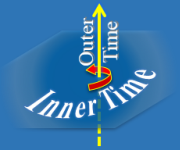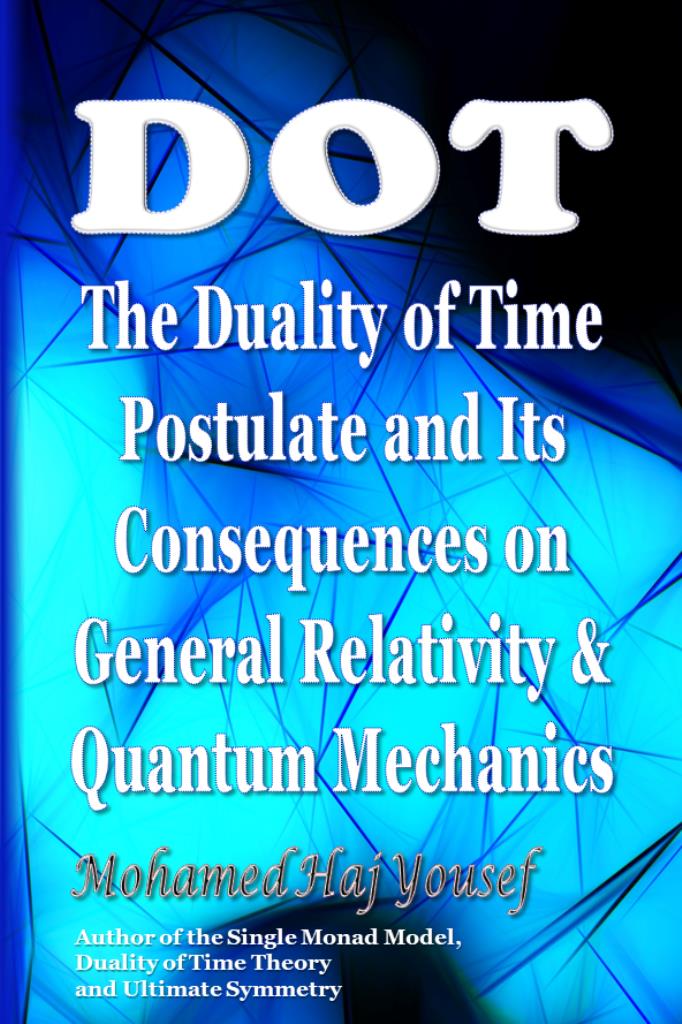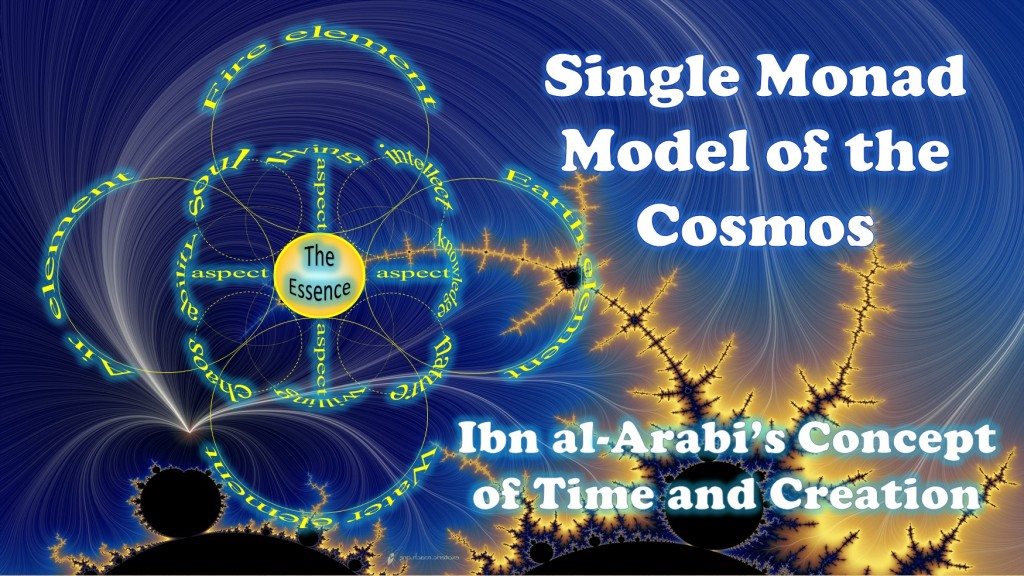6.2.2 Mind and Consciousness
The mind is the faculty of consciousness, perception, thinking, judgment, imagination, recognition, memory and appreciation. It is responsible for processing feelings and emotions, resulting in attitudes and actions. The relation of the mind to the physical brain and nervous system is called the mind-body problem. Pre-scientific viewpoints included dualism and idealism, which considered the mind as separate non-physical entity. Modern views center around physicalism and functionalism, which hold that the mind is roughly identical with the brain or reducible to physical phenomena such as neuronal activity.
The possibility of non-human minds is explored in the field of artificial intelligence, which works closely in relation with cybernetics and information theory to understand the ways in which information processing by non-biological machines is comparable or different to mental phenomena in the human mind.
Some psychologists argue that only the “higher” intellectual functions constitute the mind, particularly reason and memory. In this view, the emotions such as love, hate, fear, and joy, are more primitive or subjective in nature and should be seen as different from the mind as such. Others argue that various rational and emotional states can’t be separated because they are of the same nature and origin.
Thinking is sometimes described as a “higher” cognitive function and the analysis of thinking processes is a part of cognitive psychology. It is also deeply connected with our capacity to make and use tools; to understand cause and effect; to recognize patterns of significance; to comprehend and disclose unique contexts of experience or activity; and to respond to the world in a meaningful way.
Memory is the ability to preserve, retain, and subsequently recall, knowledge, information or experience, while imagination is the activity of generating or evoking novel situations, images, or ideas, which is a characteristically subjective activity, rather than a direct or passive experience.
Consciousness is an aspect of the mind generally thought to comprise qualities such as subjectivity, sentience, and the ability to perceive the relationship between oneself and one’s environment.
Understanding the relationship between the brain and the mind is a challenging problem both philosophically and scientifically. There are three major philosophical schools of thought concerning the answer: dualism, materialism, and idealism. The first holds that the mind exists independently of the brain, while materialism holds that mental phenomena are identical to neuronal phenomena, and idealism holds that only mental phenomena exist.
Descartes, who thought extensively about mind-brain relationships, found it possible to explain reflexes and other simple behaviors in mechanistic terms, although he did not believe that complex thought, and language in particular, could be explained by reference to the physical brain alone.
The mind has also been described as manifesting from moment to moment, one thought moment at a time, as a fast flowing stream, where sense impressions and mental phenomena are constantly changing.
Monism is the position that mind and body are not physiologically and ontologically distinct kinds of entities. This view was first advocated by Parmenides and espoused by Baruch Spinoza (1632-1677). According to Spinoza’s dual-aspect theory, mind and body are two aspects of an underlying reality which he variously described as “Nature” or “God”.
Consciousness is the state or quality of being aware of an external object or something within oneself. Philosophers have struggled to comprehend the nature of consciousness and identify its essential properties; whether it can ever be explained mechanistically, and whether it may ever be possible for computing machines like computers or robots to be conscious. Other issues of interest include phenomena such as subliminal perception, blind-sight, denial of impairment, and altered states of consciousness produced by alcohol and other drugs, or spiritual or meditative techniques.
Mental processes, such as consciousness, and physical processes, such as electrical and chemical interactions inside the brain, seem to be correlated: but what is the basis of this connection and correlation between what seem to be two very different kinds of processes?
Descartes proposed that consciousness resides within an immaterial domain he called: the realm of thought, in contrast to the domain of material things, which he called: the realm of extension. He then suggested that the interaction between these two domains occurs inside the brain, perhaps in the pineal gland. Although this connection in the pineal gland have been ridiculed by some philosophers, no other alternative solution has gained general acceptance.
Some theoretical physicists argued that classical physics is intrinsically incapable of explaining the holistic aspects of consciousness, but that quantum theory may provide the missing ingredients, but many scientists and philosophers consider the arguments for an important role of quantum phenomena to be unconvincing.
There are some brain states in which consciousness seems to be absent, including dreamless sleep, coma, and death. There are also a variety of circumstances that can change the relationship between the mind and the world in less drastic ways, producing what are known as altered states of consciousness. Some altered states occur naturally; others can be produced by drugs or brain damage. Altered states can be accompanied by changes in thinking, disturbances in the sense of time, feelings of loss of control, changes in emotional expression, alternations in body image and changes in meaning or significance.
The two most widely accepted altered states are sleep and dreaming. Although dream sleep and non-dream sleep appear very similar to an outside observer, each is associated with a distinct pattern of brain activity, metabolic activity, and eye movement; each is also associated with a distinct pattern of experience and cognition. During ordinary non-dream sleep, people who are awakened report only vague and sketchy thoughts, and their experiences do not cohere into a continuous narrative. During dream sleep, in contrast, people who are awakened report rich and detailed experiences in which events form a continuous progression, which may however be interrupted by bizarre or fantastic intrusions. Thought processes during the dream state frequently show a high level of irrationality. Both dream and non-dream states are associated with severe disruption of memory: it usually disappears in seconds during the non-dream state, and in minutes after awakening from a dream unless actively refreshed.


















